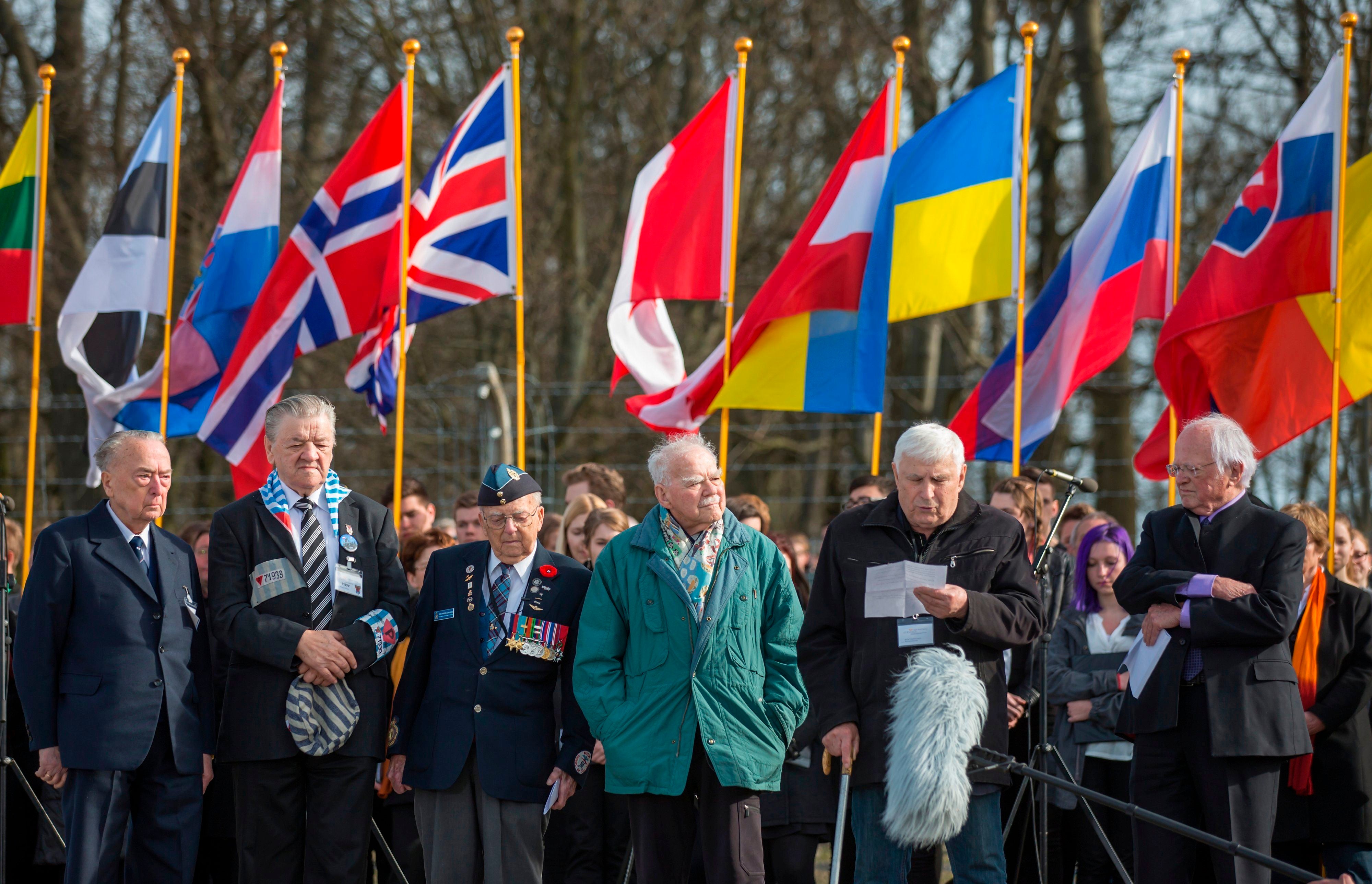Germany honors survivor of Nazi camps, 96, killed in Ukraine
Germany’s parliament has paid tribute to Boris Romanchenko, who survived several Nazi concentration camps during World War II but was killed last week during an attack in the Ukrainian city of Kharkiv

Your support helps us to tell the story
From reproductive rights to climate change to Big Tech, The Independent is on the ground when the story is developing. Whether it's investigating the financials of Elon Musk's pro-Trump PAC or producing our latest documentary, 'The A Word', which shines a light on the American women fighting for reproductive rights, we know how important it is to parse out the facts from the messaging.
At such a critical moment in US history, we need reporters on the ground. Your donation allows us to keep sending journalists to speak to both sides of the story.
The Independent is trusted by Americans across the entire political spectrum. And unlike many other quality news outlets, we choose not to lock Americans out of our reporting and analysis with paywalls. We believe quality journalism should be available to everyone, paid for by those who can afford it.
Your support makes all the difference.Germany's parliament on Tuesday paid tribute to Boris Romanchenko, who survived several Nazi concentration camps during World War II but was killed last week during an attack in the Ukrainian city of Kharkiv. He was 96.
The Buchenwald concentration camp memorial said on Monday that Romanchenko, who survived Buchenwald as well as camps at Peenemuende, Dora and Bergen-Belsen, was killed on Friday. It said that, according to his granddaughter, the multistory building where he lived was hit by a projectile.
Romanchenko was dedicated to keeping alive the memory of Nazi crimes and was vice president of the International Buchenwald-Dora Committee, the memorial said.
Opening a session of Germany's parliament on Tuesday, deputy speaker Katrin Goering-Eckardt paid tribute to Romanchenko.
She said Romanchenko was taken to Dortmund, Germany as a forced laborer in 1942 and was sent to the concentration camps after an escape attempt in 1943. Nazi Germany invaded the Soviet Union in 1941.
“His death reminds us that Germany has a special historical responsibility toward Ukraine,” Goering-Eckardt said. “Boris Romanchenko is one of thousands of dead in Ukraine. Every single life that has been taken reminds us to do everything we can to stop this cruel war that violates international law and to help people in and from Ukraine.”
Lawmakers held a moment of silence in memory of Romanchenko and other victims of the war.
Romanchenko “survived four concentration camps and was now killed in the Russian war of aggression on Ukraine,” Finance Minister Christian Lindner said. “His fate shows both the criminal character of Russian policy and why Germany is showing solidarity with Ukraine, why we must show solidarity.”